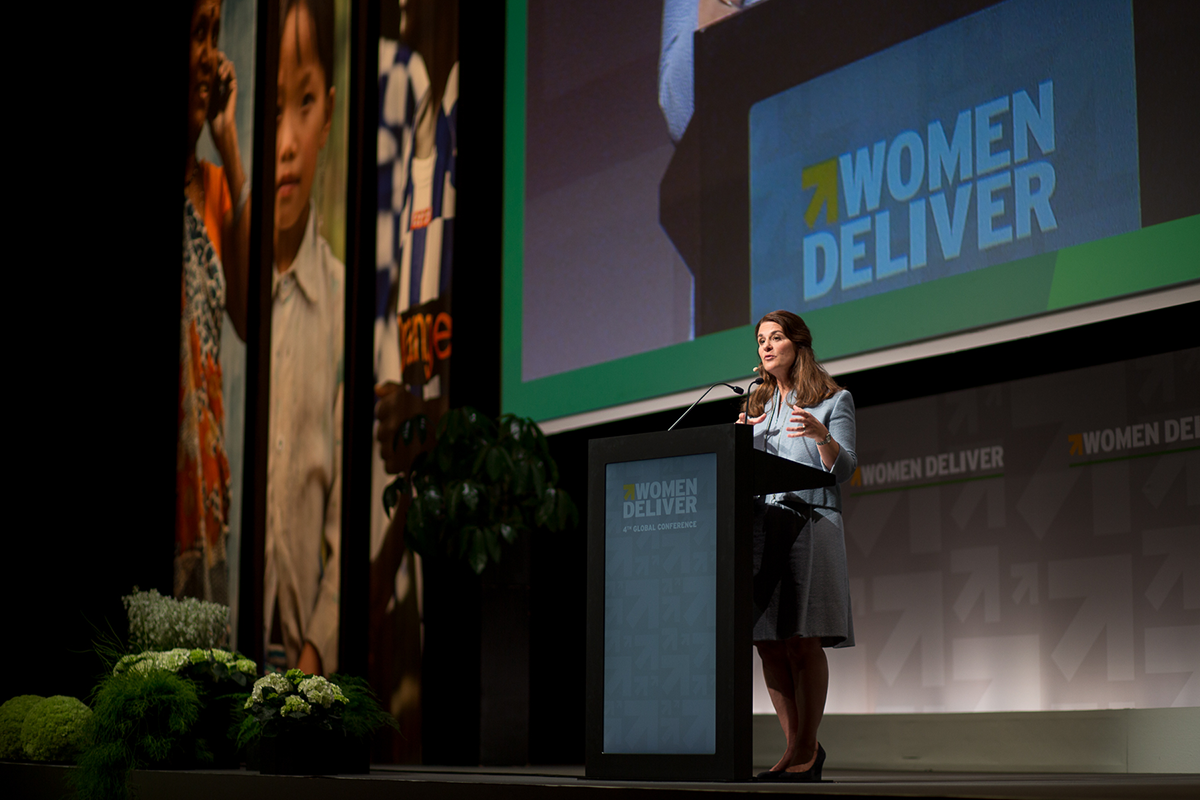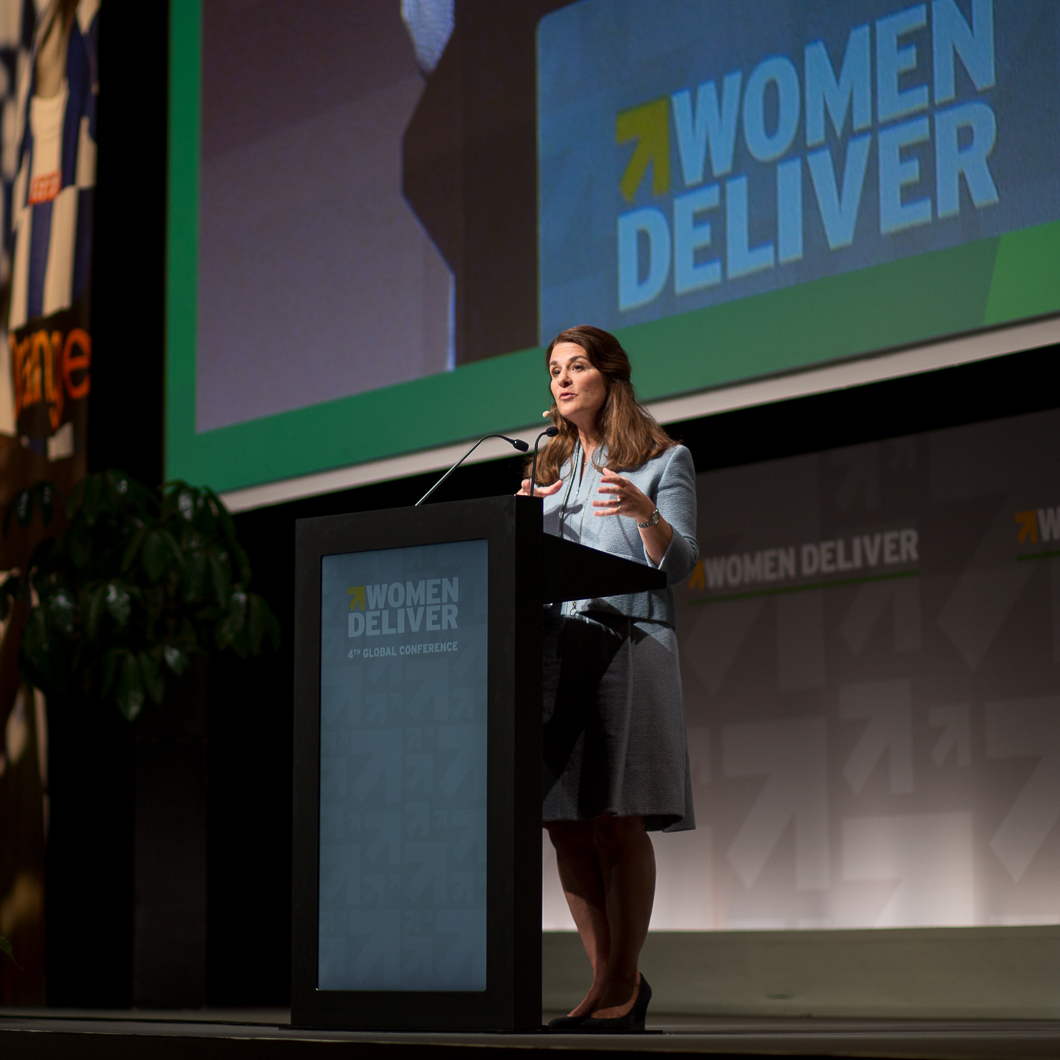Melinda Gates, co-chair of Bill and Melinda Gates Foundation, announced today that the Gates Foundation is committing $80 million over the next three years to close the data gap on gender – a critical investment to guiding policy and programs to empower girls and women around the world.
“By adopting the SDGs the world agreed to achieve gender equality by 2030. But we cannot close the gender gap without first closing the data gap,” Gates said in her keynote address at the Women Deliver conference in Copenhagen. “The world is finally listening, and we owe it to every woman and girl around the world to fulfill the SDG mandate.”
Supporting women and girls unleashes a powerful economic force for everyone. The road to get there may be a long one, but the progress that has been made to date – especially the focus on women and girls reflected in the Sustainable Development Goals – gives room for optimism.
“Today, women and girls are not just on the agenda. Women and girls are the agenda,” Gates said, adding that development partners need the best tools available to move this agenda forward. One of those tools is more and better data, which makes the invisible visible.

“We need to know where and when woman are born. How many hours they work every day. Whether they get paid. Whether they experience violence. How, when and why they die,” said Gates, citing data as a critical tool of the information age – one that is employed every day by companies that track the behaviors of their customers. “We don’t have all the data we need to act.”
Data is already being used by development partners in a variety of sectors – such as targeting HIV prevention. But it misses out on women and girls, undercounting their contributions. Official survey data, for example, tend to reinforce stereotypes of men as producers and women and reproducers. Yet digging a little deeper reveals the unpaid and unmeasured contributions women make to their families and their communities daily. For example, current data do not reflect the hidden work that falls squarely on women’s shoulders. On average, women around the world spend 4.5 hours a day cooking, cleaning and caring for someone in the home.
By putting girls and women at the center of data collection, development partners can learn what is working and what is not. Where the investments need to be made to empower women. Because empowered women build healthier, more peaceful, prosperous societies. The impact gender equality has on societies was the focus of a groundbreaking report released today at the Women Deliver conference by the McKinsey Global Health Institute, Delivering the Power of Parity.
